UNIT 2: POSITIONS THROUGH ITERATING
23rd APRIL 2024
64 DEVELOPED ITERATIONS [PART 2]
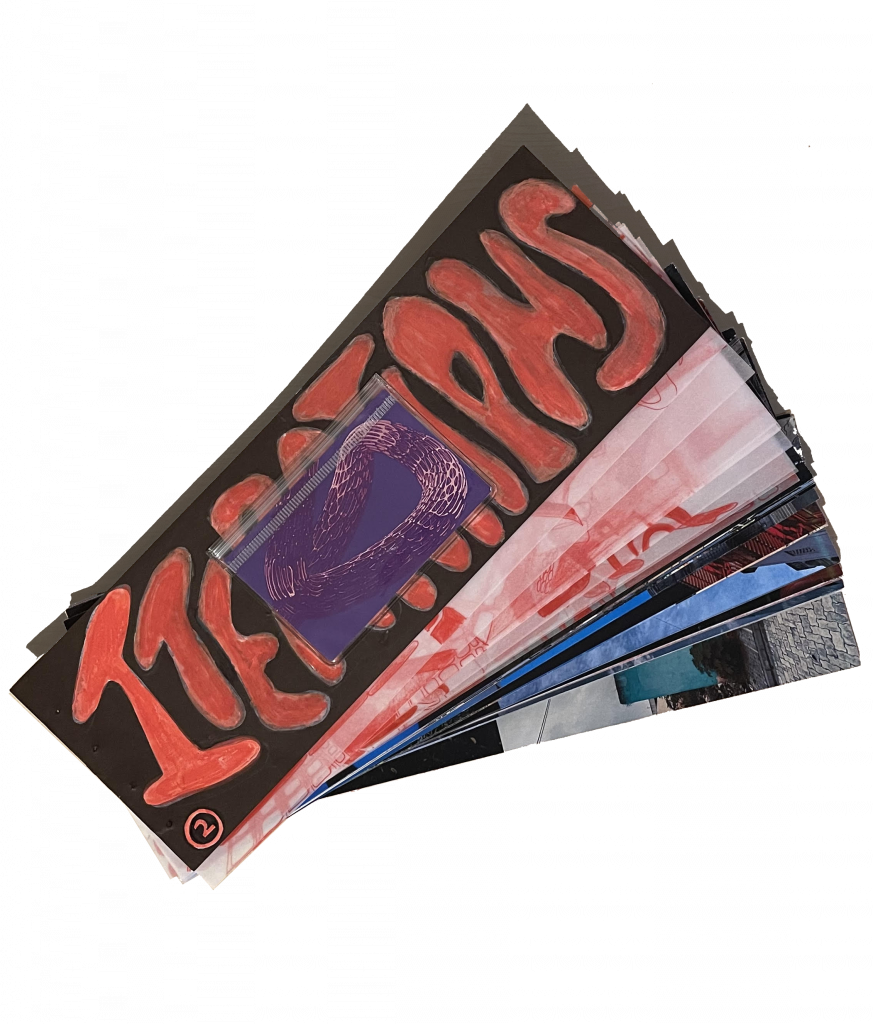




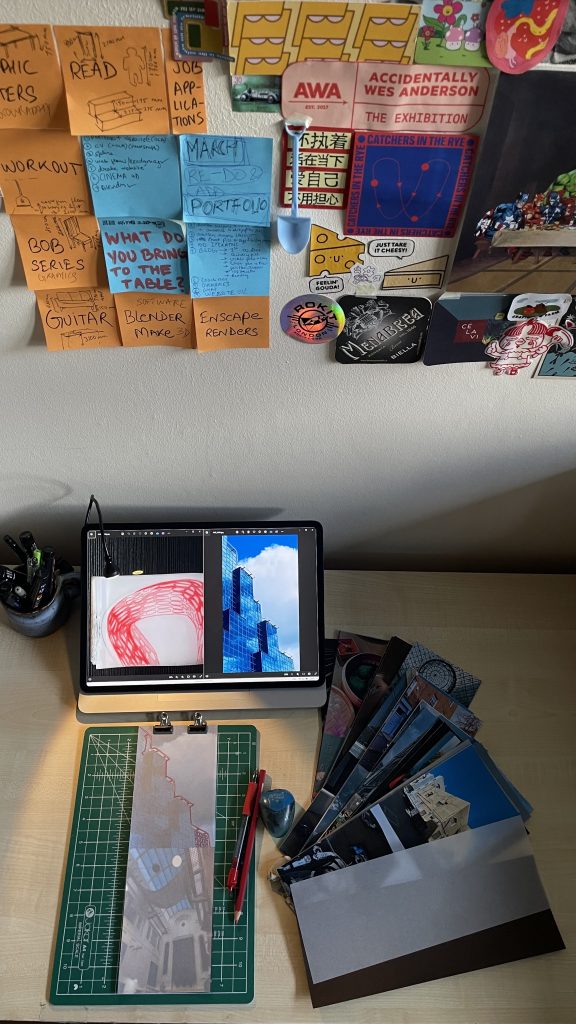
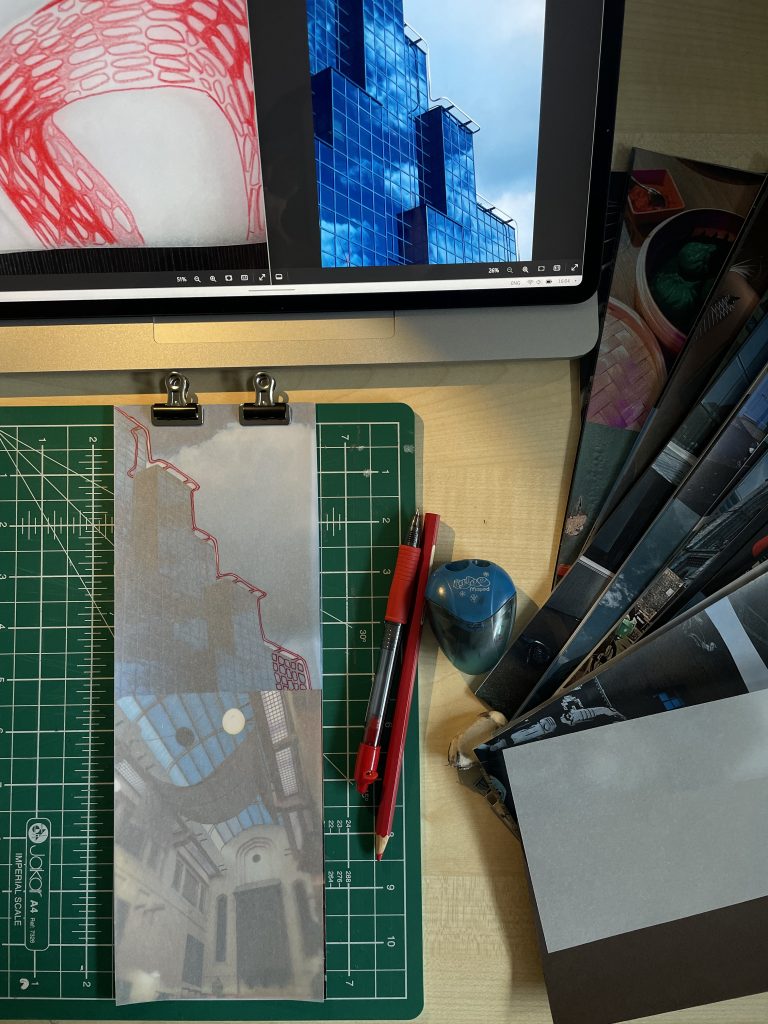
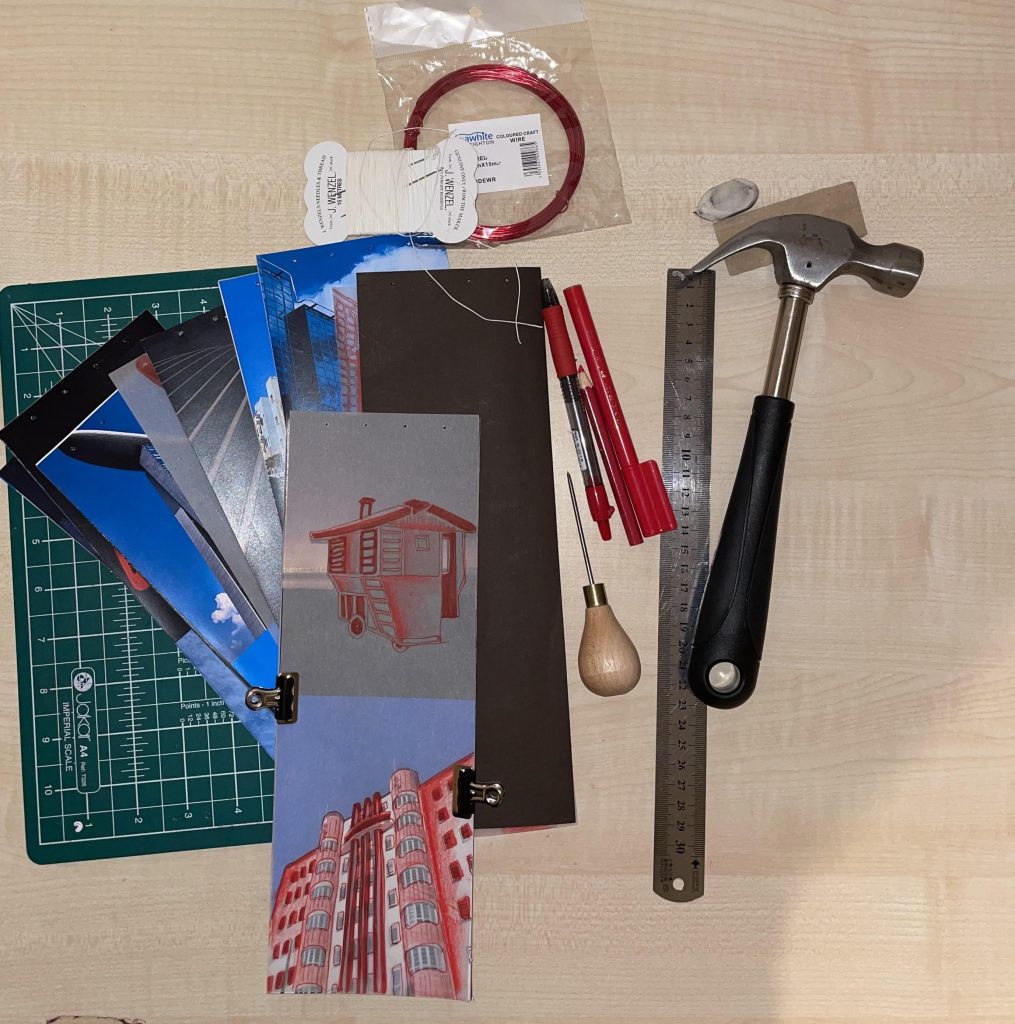

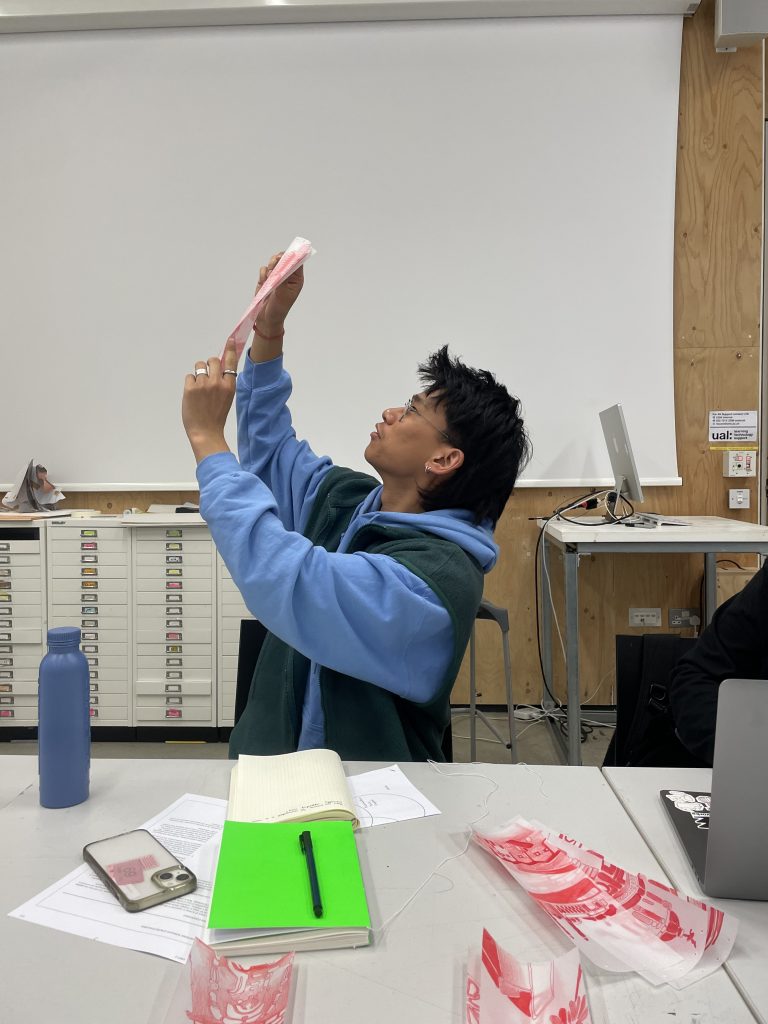
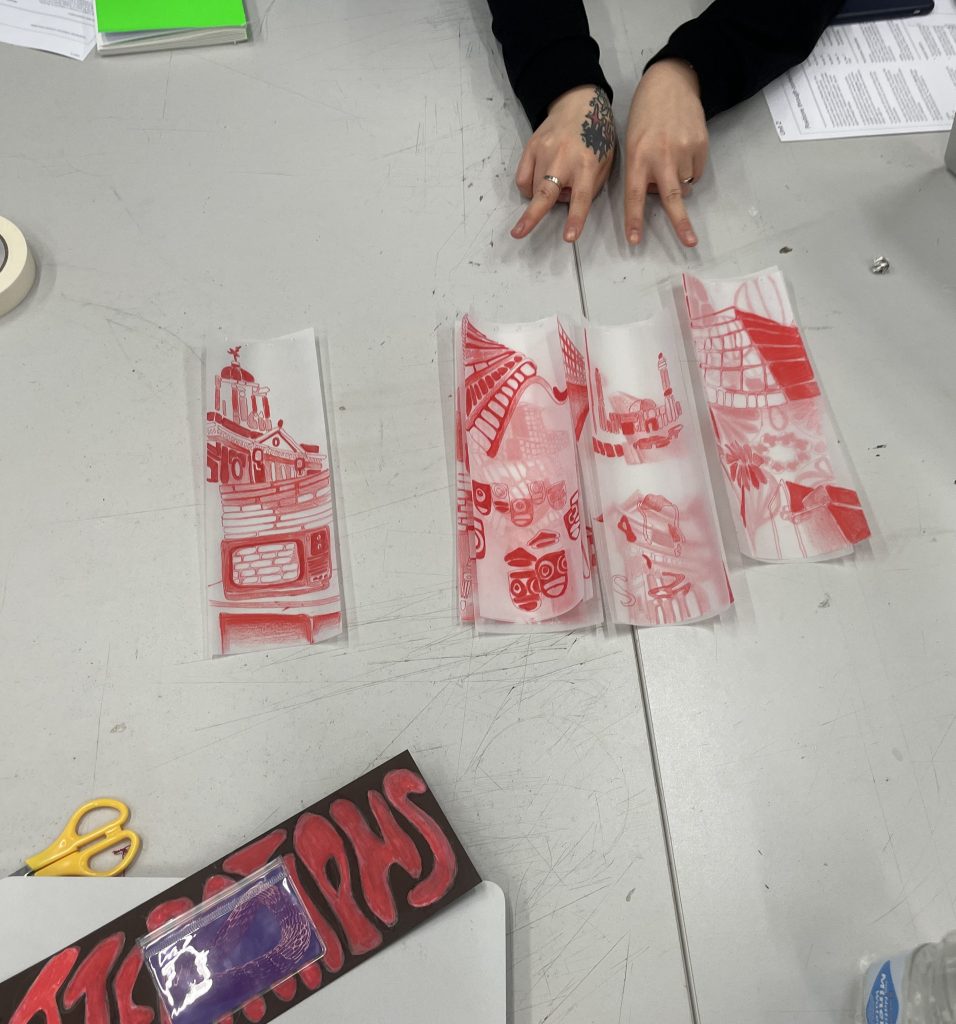
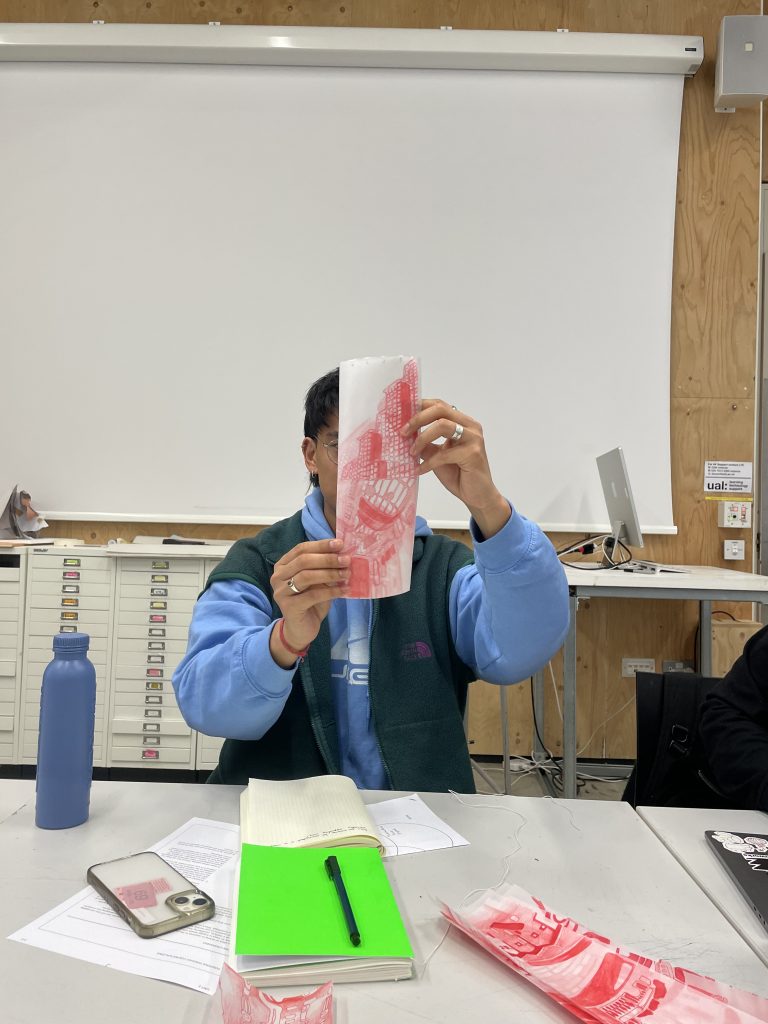
Response:
- Seems like you’re arguing for illustration to be considered as a valid research method, like it’s makes you consider things in different ways, it helps with language barriers, it a good way of spreading and understanding information.
- What would help is Semiotics analysis, in the context of this there’s a signifier and the signified, so the idea is that these two things put together can act as a sign but when put separately can mean different things.
- When you see an illustration as opposed to a real image, how our brain would read it is quite interesting.
- Simplification of complex data, you’ve taken a photograph with so much meta data where visually so much is going on but you compressed it with a particular illustration style it became something completely different.
- Maybe consider doing the same drawing many times rather than different times, and you develop based on each progressive illustration.
- Something about moving away from the realistic or the reality that might be interesting, or offer a new of engaging.
- These illustrations kind of abstract the real world and you’re world building something that’s new, for instance a word that was purely red.
- The way it’s illustrated, the two photographs look like one whole story, so would be interesting to stitch them together to create a new narrative or a new way of interpreting the illustrations.
- Creating a fictional world that doesn’t exist out of the real life photograph is interesting.
- Overlaying the illustration on top of each other would also be very interesting.
- Bricolage illustration could be useful.
- Could incorporate world building through illustration with story telling.
- Reportage illustration- visual journalism, idea of observational drawing, using a layering process, where one could use words as annotation.
- Illustration as storytelling.
- Would be interesting if you layered your illustrations maybe on to newspaper articles for instance to read through the lens of that particular point of view/ opinion.
